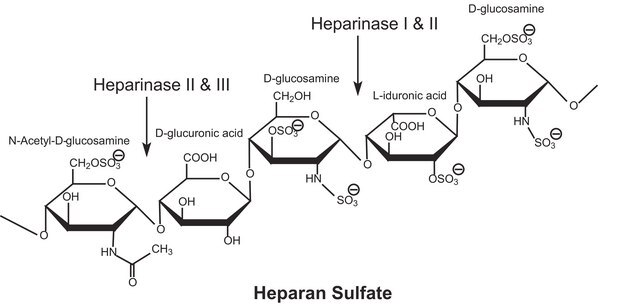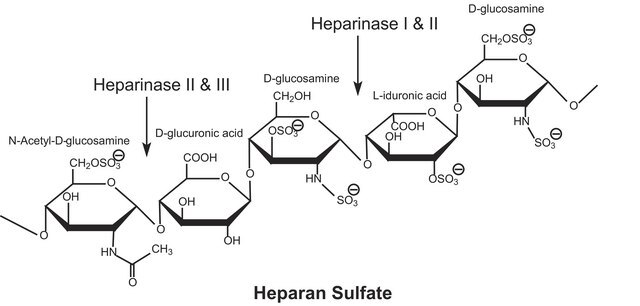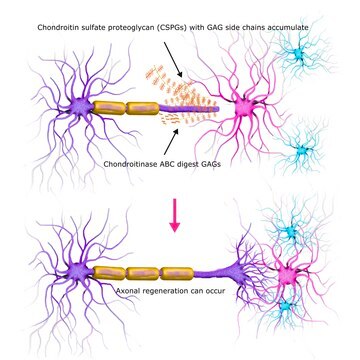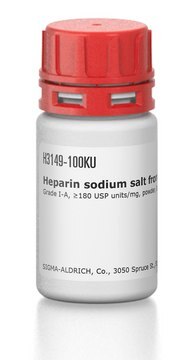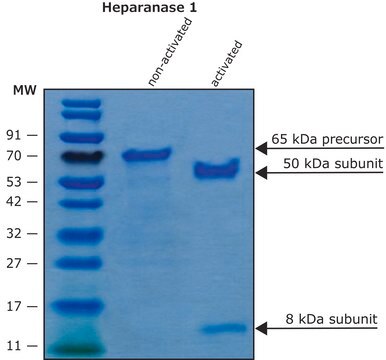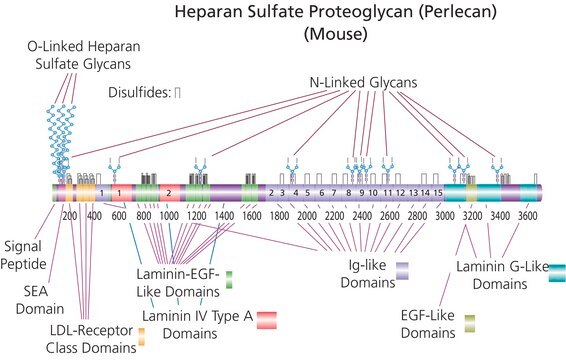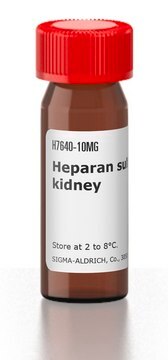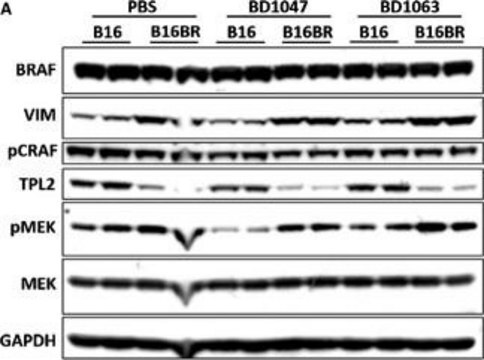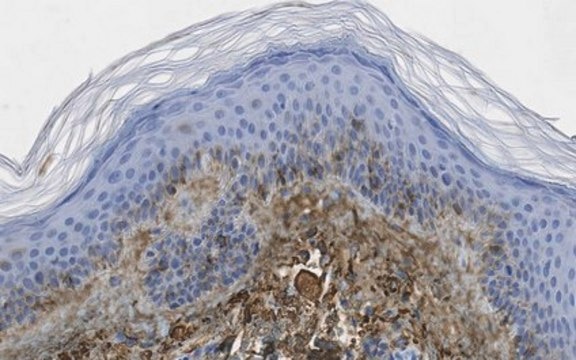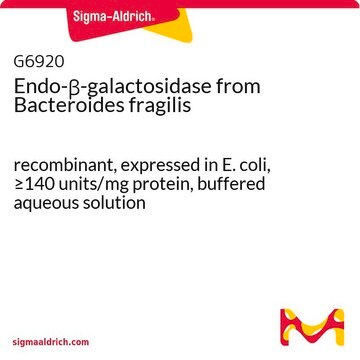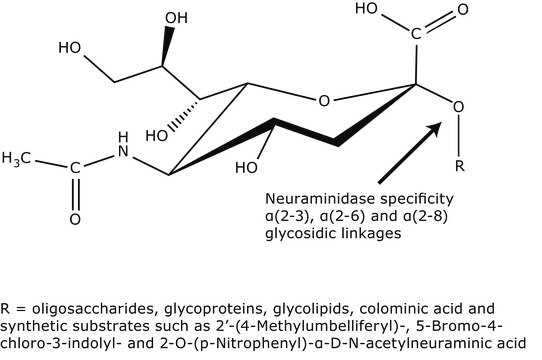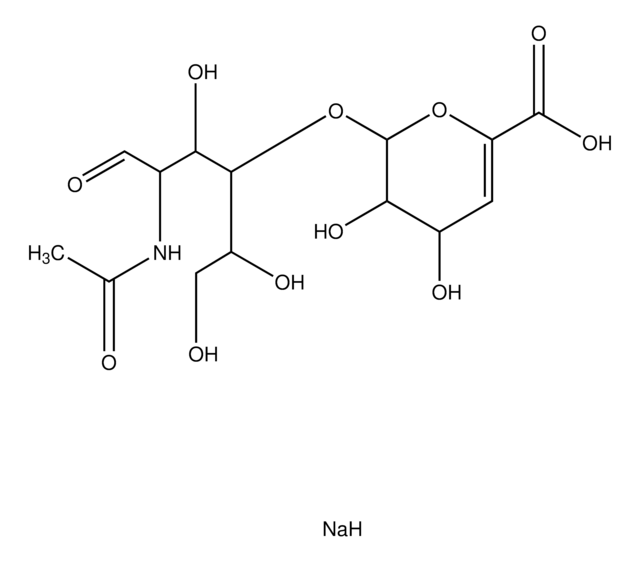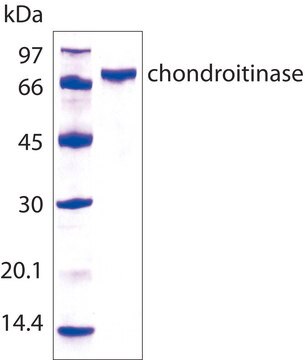H8891
Heparinase III from Flavobacterium heparinum
Lyophilized powder stabilized with approx. 25% (w/w) bovine serum albumin, ≥30 units/mg protein (enzyme + BSA)
Synonym(s):
Heparin Lyase III, Heparitinase I, Heparitinase from Flavobacterium heparinum
About This Item
Recommended Products
biological source
bacterial (Flavobacterium heparinum)
Quality Level
conjugate
conjugate (Glucosaminoglycan)
form
lyophilized powder
specific activity
≥30 units/mg protein (enzyme + BSA)
mol wt
70.8 kDa
application(s)
diagnostic assay manufacturing
storage temp.
−20°C
Looking for similar products? Visit Product Comparison Guide
Application
Biochem/physiol Actions
Unit Definition
Other Notes
signalword
Danger
hcodes
pcodes
Hazard Classifications
Resp. Sens. 1
wgk_germany
WGK 3
flash_point_f
Not applicable
flash_point_c
Not applicable
ppe
Eyeshields, Gloves, type N95 (US)
Certificates of Analysis (COA)
Search for Certificates of Analysis (COA) by entering the products Lot/Batch Number. Lot and Batch Numbers can be found on a product’s label following the words ‘Lot’ or ‘Batch’.
Already Own This Product?
Find documentation for the products that you have recently purchased in the Document Library.
Customers Also Viewed
Articles
A key resource feature at our Enzyme Explorer section of biochemicals is "Enzymes for Carbohydrate Analysis and Digestion." Offering kits, reagents, analysis, lists of enzymes related to PTM and carbohydrate metabolism.
Glycosaminoglycans are large linear polysaccharides constructed of repeating disaccharide units.
Our team of scientists has experience in all areas of research including Life Science, Material Science, Chemical Synthesis, Chromatography, Analytical and many others.
Contact Technical Service